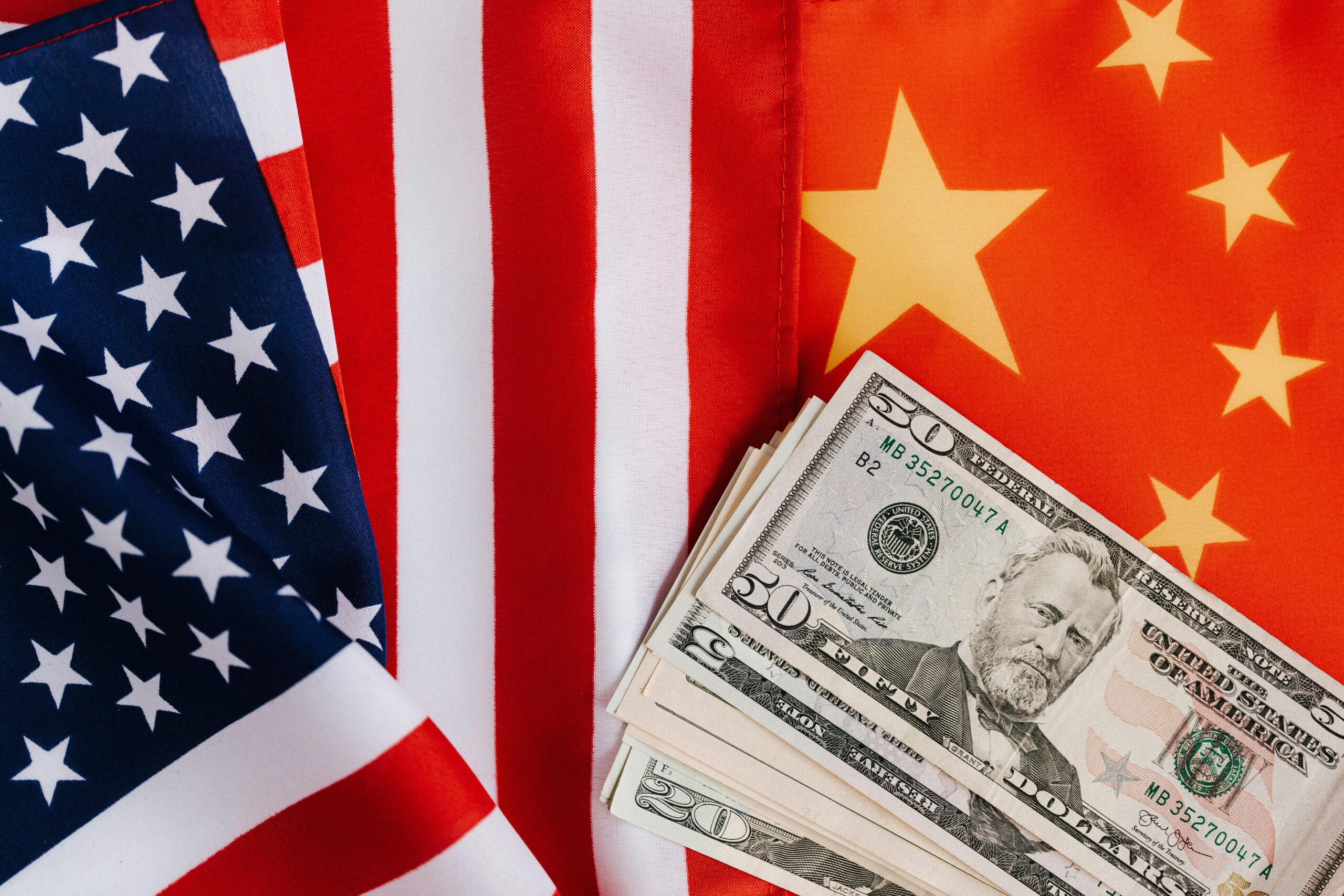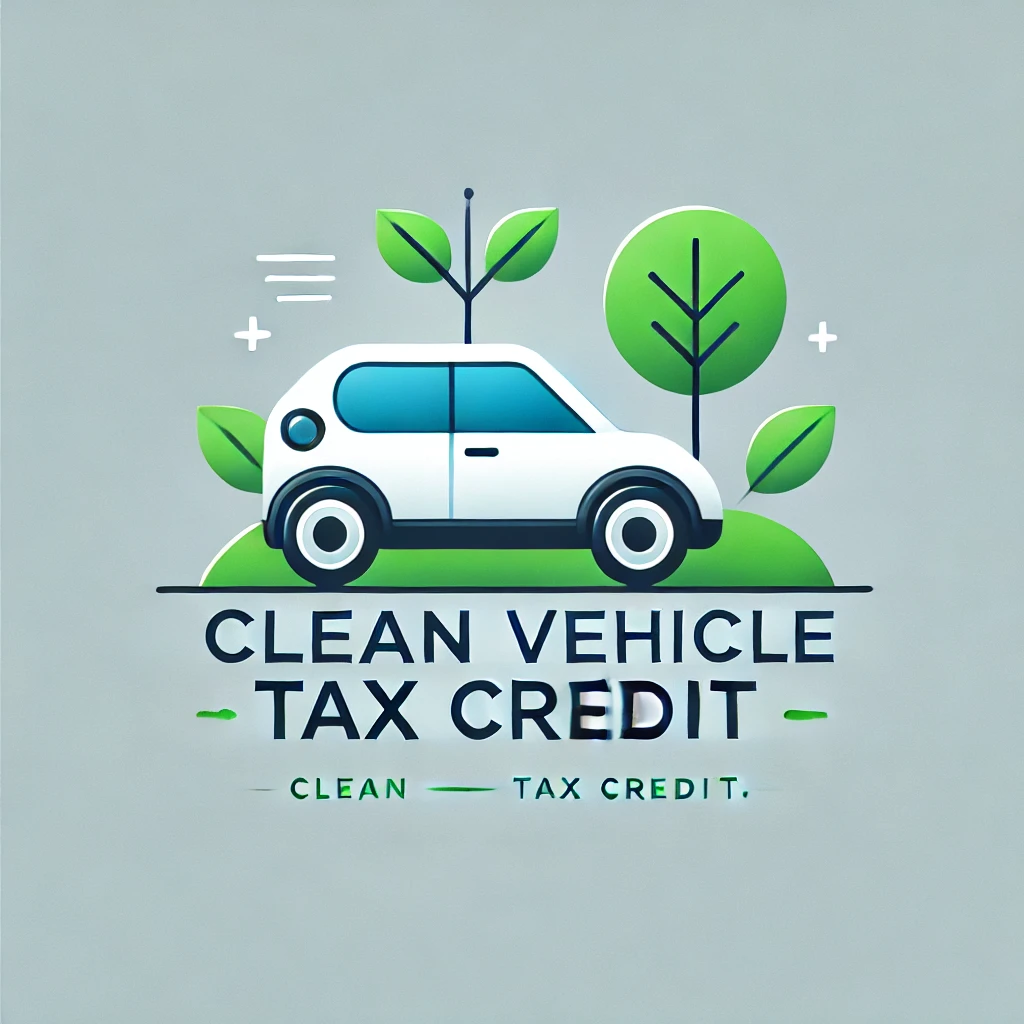The prospect of Chinese electric vehicles (EVs) being allowed greater access to the U.S. market has remained a contentious topic. Yet, a compelling scenario is beginning to emerge: could such imports be facilitated if they utilized Tesla’s batteries? At the heart of this possibility lies a convergence of market forces, geopolitical dynamics, and technological ambitions that could redefine the EV landscape on a global scale. This article delves into the feasibility of this arrangement, its potential impact, and what it means for the balance of power in the electric vehicle industry.
Tesla’s Battery Advantage
Tesla has long dominated the EV market, not just because of its sleek designs and high-performance vehicles, but because of its batteries. The company’s partnership with Panasonic and its proprietary battery technology have given it a competitive edge. Tesla’s lithium-ion cells, manufactured at its Gigafactories in Nevada and Shanghai, have consistently outperformed competitors in energy density and efficiency.
By positioning its batteries as the gold standard in EV production, Tesla could offer Chinese automakers access to a proven, scalable, and reliable power source. For companies like BYD, XPeng, or NIO, incorporating Tesla batteries into their vehicles could provide an opportunity to bypass the skepticism surrounding Chinese EV technology in the U.S. market. American consumers, known for their trust in Tesla’s brand, might be more willing to purchase a BYD vehicle if it came with a Tesla-powered battery pack.
The U.S.-China EV Dilemma
The U.S. has largely kept Chinese EV imports at bay, citing concerns over unfair trade practices, intellectual property theft, and the strategic importance of controlling its EV supply chain. However, as the U.S. government pushes for greater EV adoption to combat climate change, the question arises: can the domestic market scale fast enough to meet this demand without relying on imports?
China, home to the largest EV market in the world, has mastered EV production at scale. Companies like BYD and SAIC have leveraged years of government subsidies and aggressive R&D investments to churn out EVs at competitive prices. For American policymakers, the prospect of tapping into this supply could address affordability concerns, but only if the arrangement ensures U.S. interests are safeguarded.
This is where Tesla’s batteries come into play. By making Tesla a critical component of any Chinese EV imports, the U.S. could enforce stringent quality standards and ensure a degree of domestic economic benefit, even as vehicles are imported.
A Strategic Gamble for Tesla
For Tesla, the opportunity to supply its batteries to Chinese automakers is both tantalizing and fraught with challenges. On one hand, this strategy would solidify Tesla’s role as the linchpin of global EV production, expanding its influence beyond its own vehicle lineup. The company could generate significant revenue by becoming the primary supplier of batteries to the world’s largest EV manufacturers.
On the other hand, such an arrangement might inadvertently empower Chinese automakers, allowing them to compete more effectively in Tesla’s home market. Tesla would need to walk a fine line, ensuring that its battery technology gives it an edge without eroding its dominance in the U.S. EV market.
Moreover, geopolitical tensions between the U.S. and China could complicate this potential collaboration. The U.S. has imposed tariffs and restrictions on Chinese goods, including some EV components. For Tesla, negotiating a deal that allows its batteries to be used in Chinese vehicles imported to the U.S. would require navigating a web of regulatory hurdles and diplomatic challenges.
Environmental and Economic Incentives
Despite the potential complications, there are strong incentives for such an arrangement to materialize. The Biden administration has made electrification a cornerstone of its environmental policy, setting ambitious targets for EV adoption. Allowing Chinese EVs equipped with Tesla batteries into the U.S. market could help accelerate the transition away from internal combustion engines.
From an economic perspective, this arrangement could create a win-win scenario. Tesla would expand its revenue streams, Chinese automakers would gain access to a lucrative market, and American consumers would benefit from a broader range of affordable EV options. Furthermore, the increased production and use of Tesla batteries could spur further investments in battery technology and infrastructure in the U.S.
A Model for Global Collaboration?
If successful, this model could serve as a blueprint for global collaboration in the EV industry. Just as the aerospace industry relies on international partnerships for the development and production of aircraft, the EV sector could see similar alliances emerge. Tesla’s batteries, paired with Chinese automakers’ production capabilities, could pave the way for a more interconnected and efficient EV supply chain.
Such a model would also address one of the biggest challenges facing the EV industry: the need for standardization. By adopting Tesla’s batteries as a common platform, Chinese automakers could simplify production, reduce costs, and improve interoperability. This could also benefit consumers, as standardized battery systems would make it easier to recycle and repurpose old batteries, further enhancing the environmental benefits of EVs.
Consumer Perception and Challenges
While the technological and economic advantages of this arrangement are clear, consumer perception remains a critical factor. Tesla’s brand carries significant weight, particularly in the U.S., where it is synonymous with cutting-edge innovation. However, Chinese automakers face lingering skepticism from American consumers, who are wary of quality and safety concerns.
For this arrangement to succeed, Tesla would need to play an active role in marketing and branding. By emphasizing the role of its batteries in powering these vehicles, Tesla could help bridge the trust gap and reassure consumers of the quality and reliability of Chinese EVs.
Geopolitical Implications
The potential collaboration between Tesla and Chinese automakers also carries significant geopolitical implications. By fostering closer ties between the U.S. and China in the EV sector, this arrangement could help ease tensions and promote mutual economic benefits. However, it could also be seen as a concession by critics who argue that the U.S. should prioritize domestic manufacturing over reliance on imports.
Additionally, this collaboration could have ripple effects in other markets. European automakers, already grappling with competition from Tesla and Chinese brands, might feel pressure to adopt similar models of collaboration or risk being left behind.
The Road Ahead
The possibility of Chinese EV imports equipped with Tesla batteries represents a bold vision for the future of the global EV industry. While the challenges are significant, the potential rewards—both economic and environmental—are too compelling to ignore.
For Tesla, this represents an opportunity to cement its legacy not just as an automaker but as a foundational pillar of the EV revolution. For Chinese automakers, it offers a pathway to enter one of the world’s most lucrative markets. And for consumers, it promises greater access to affordable and high-quality electric vehicles.
As discussions continue, one thing is clear: the decisions made today will shape the trajectory of the EV industry for decades to come. Whether this vision becomes a reality depends on the willingness of all stakeholders to embrace collaboration, innovation, and compromise in pursuit of a shared goal—a sustainable future powered by electric mobility.
For insights into how tax policies influence Tesla’s competitive edge, particularly in fostering international market access and innovation, check out “Strategic Power Play: Is Musk Targeting the EV Tax Credit to Gain Leverage in China?” For insights into how tariffs may increase production costs and complicate international partnerships, check out “Trump’s Tariff Plan: Roadblock Ahead for Automakers and EVs“.

